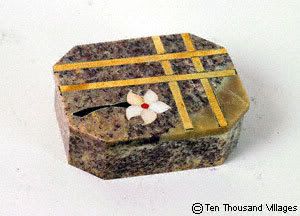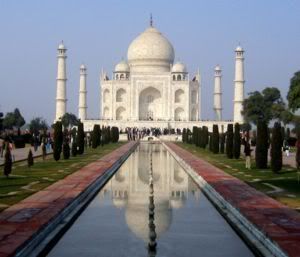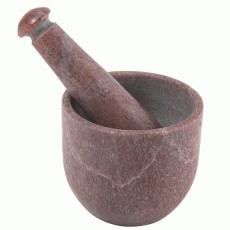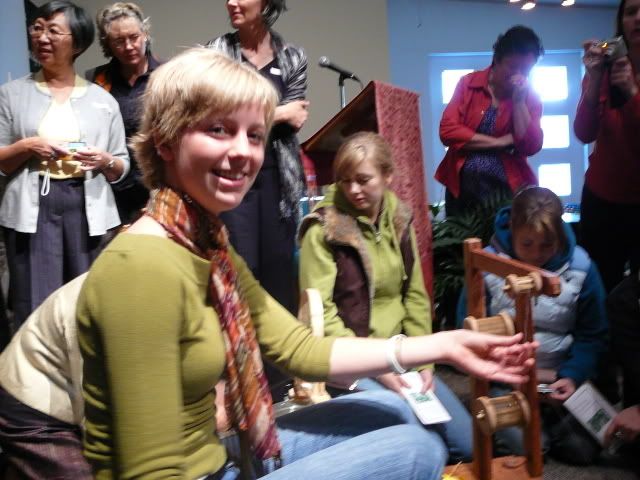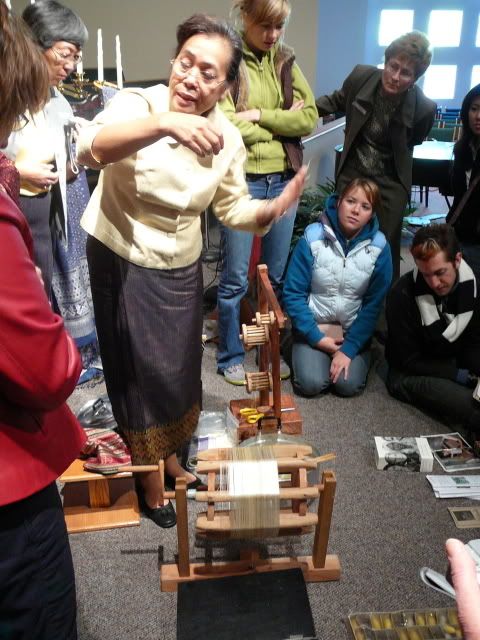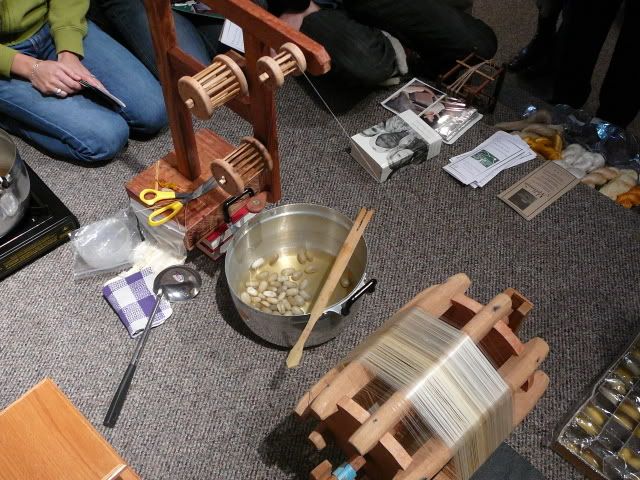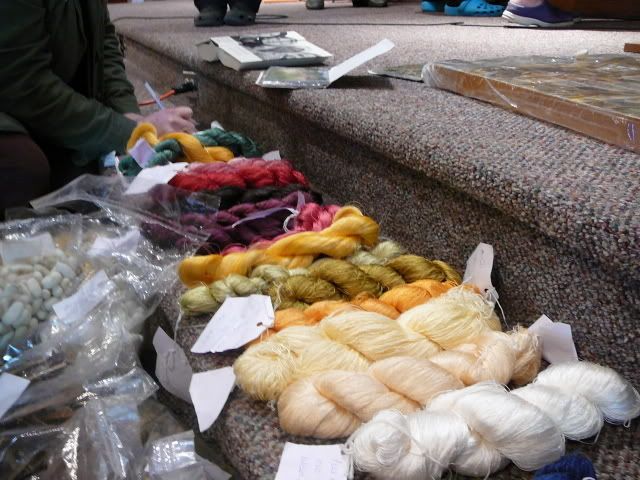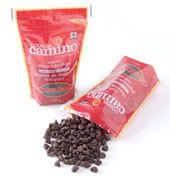
Well I went to Organic Roots today for some gluten-free granola bars and it seems to be the opposite of the whole Costco idea. They didn't even sell most of their granola bars in boxes, they were all sold individually which made me wonder how much more expensive it actually is to buy granola bars individually. My guess is that it's more expensive. I also bought some Fair Trade/Organic chocolate chips (yeah! I finally found them). I realize that anything Fair Trade and organic is more expensive than your average Hershey's Chipits.

Then you think about how in our Western culture we consume a lot! If all the worlds population consumed like we do there would be nothing left on the planet to make stuff out of. We buy things in super bulk packages, we get every single cup of coffee in a throw away cup, we get a NEW bag for almost every single item that we buy (not just groceries but in the Mall too), we are hard on our clothes and throw them out after a year or two and think it's so easy just to get new ones, we buy excess food and just throw it out if it goes bad and it goes on and on.
What if we actually had to pay more for all of these things that we routinely use? Like my Fair trade/organic chocolate chips, yes they cost more, but because of that I will use them more wisely and not over eat the special chocolate chip cookies that I make with them. What if everything was sold in smaller portions rather than in massive quantities? We would actually think about how much we actually need rather than getting so much more than we need. I think that an important element of Fair Trade and Organic products is that we actually think of what we're buying and how much we're buying.
Sure, I think that it's very ethical to pay people on the other side of the world fair prices and grow organic produce to help the environment. But buying fair trade and organic makes the consumer think of other things too. It forces a person to focus on the day to day and not get sucked into the massive consumerism of our society and to only consume what is needed. In this way we can individually contribute to minimizing the massive ecological footprint that we in the West make in the world. We need to use our resources wisely and realize that we have soooo much more than we need.

